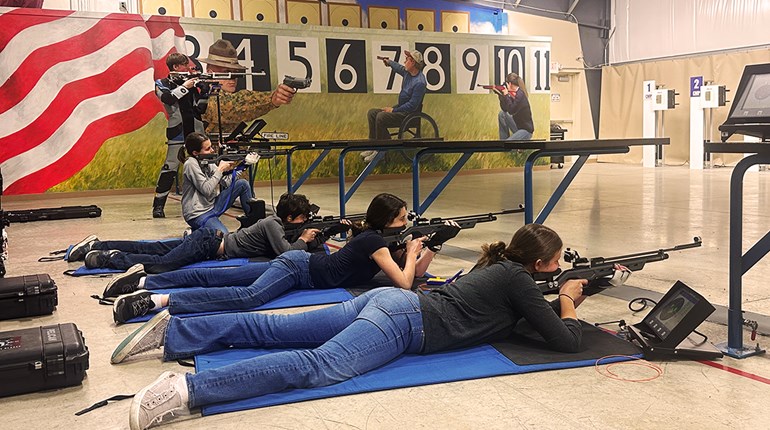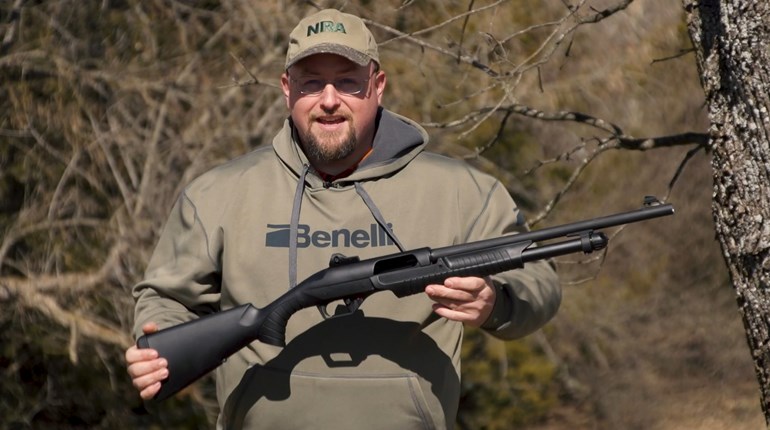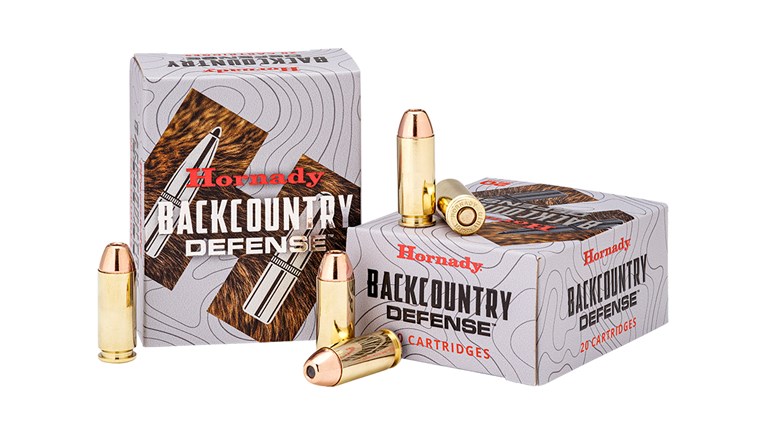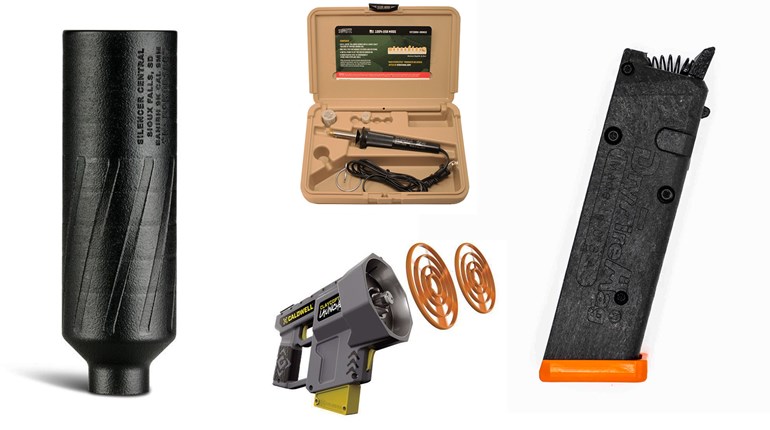
The Problem
You and your wife just received your concealed-carry permits and bought your pistols the same day. At the end of the concealed-carry course, during the wrap-up, your instructor informed you that this was just the beginning of a lifelong quest for knowledge and ability as new gun owners with the ability to carry concealed. Frankly, you were of the opinion that once you bought your guns and passed the course you were set to defend yourselves if you ever found yourselves in harm’s way. Neither of you are dyed-in-the-wool gun junkies by any stretch of the imagination, and hadn’t planned on extending your education past the single course, much less continuing for a lifetime. Your professional and family lives result in a lifestyle that leaves little spare time to continue your firearm education. Do you take to heart the instructor’s comments, or was he just trying to drum up more business?
The Solution
In your professions, you make some pretty important decisions potentially involving life-altering consequences for your client or patient. In order to practice your individual professions, you had to successfully complete many years of training and education as well as pass comprehensive testing to earn your license to work in your fields of expertise. In addition, to maintain your certifications to do business in your areas of employment, you are required to periodically attend continuous education courses.
The decision to use a firearm in a life-and-death situation could equally be as life-altering in a variety of ways. Maintaining a solid base of intrinsic information with the ability to draw from it on demand, as well as periodic refreshing and improvement of the relevant material, is imperative to stay current—much like the professions in which you and your spouse are engaged.
For the purposes you mentioned, there is a degree of responsibility that accompanies that right, depending on the state in which you live. In paralleling your professions, you may consider carrying concealed and the ramifications involved, if either of you ever had to defend yourselves with your firearms.
From a legal perspective, you have to know the gun laws for the area in which you live, where you can and cannot lawfully carry. In some states the mere sight of the firearm by a person in the public domain constitutes brandishing for which you may be legally charged, even though it may have been an honest mistake. Part of the continuing education, is knowing and interpreting the law as it applies in the locations you reside. Firearm laws change from time to time and it is your responsibility to stay up to date on those changes.
Most concealed-carry courses never speak to the emotional and intellectual aspects of having to use a firearm to protect yourself or another in need. Part of the ongoing training is thinking through the hard questions like, “Could I take the life of another human in specific circumstances,” and what might constitute those circumstances?
Physical skills with firearms don’t come automatically to any of us. They have to be learned and practiced until they become habit to be of use in the course of a confrontation. If you have to think about the step-by-step process of shot delivery, you won’t be able to assess and counter the actions of your adversary as effectively.
Many concealed-carry licensees never get past the rudimentary skills of marksmanship, if they even progress that far. The object of shooting is hitting your target consistently and that takes practice to develop and maintain.
Tactics can’t be ignored, either. In a defensive confrontation, it is unlikely that you will stand with your feet planted in a perfect stance, taking your time to shoot little groups on the target. Tactical training can be as simple or as complicated as you want it to be. It is simply a means to achieve a result. Movement, improvised positions, cover and concealment, multiple shots on multiple targets, point and precision shooting are elements of skill and knowledge valuable to allow you to prevail over your adversary. The list of skills is endless, and you have to prioritize which are applicable to your situation and others that would be nice, but not as important.
In progressing down this perpetual road of continuing education, confidence evolves from the successful performance of skills and the thinking processes. A byproduct of this continuing training is learning how to avoid confrontation by seeing the signs of trouble beforehand and steering clear of it ahead of time.
As you can see, your instructor was giving you some good advice in suggesting that your firearms training should be a lifelong endeavor. As in your individual professions, continuing education is designed to keep you current and proficient. The same applies to the use of a firearm. After all, just because you bought and own a piano doesn’t mean you know how to play it.





































